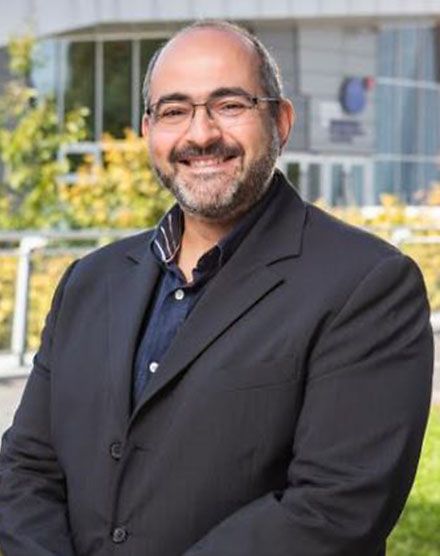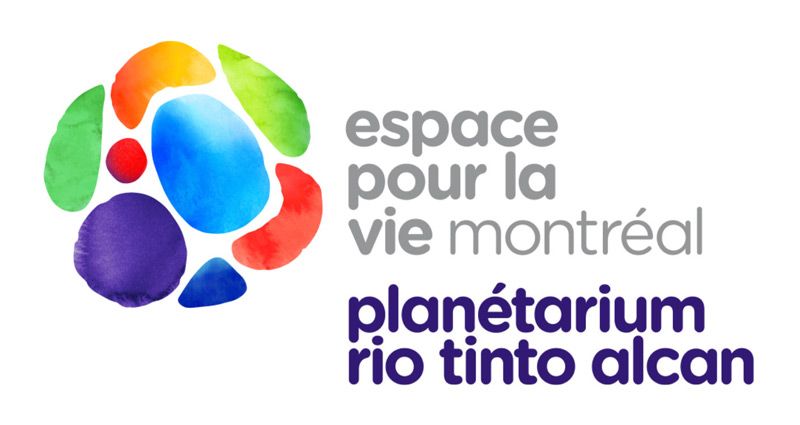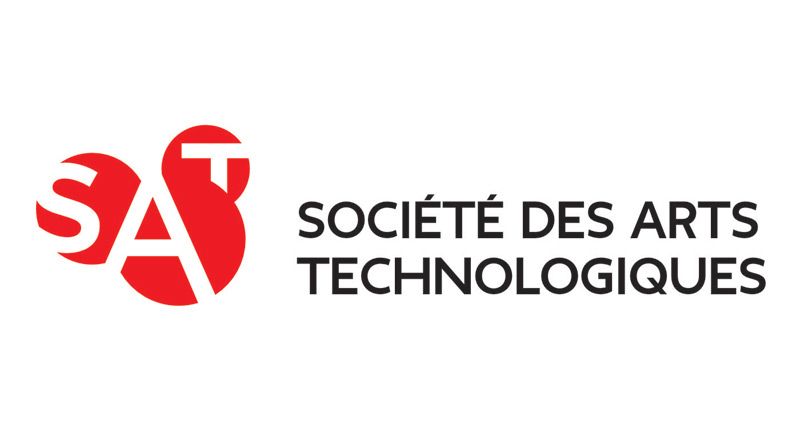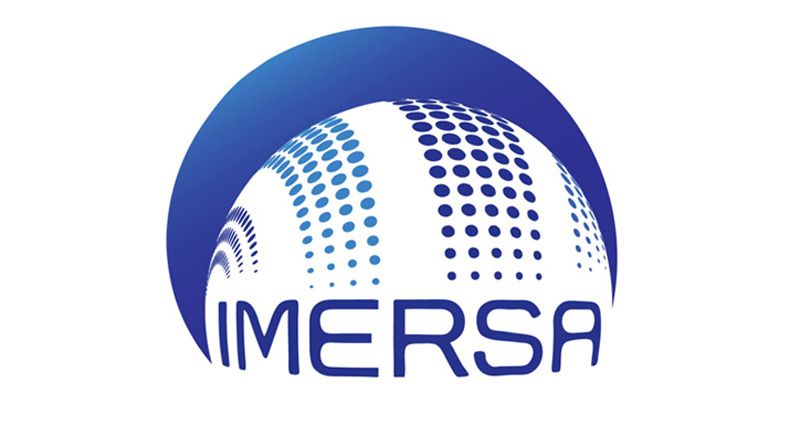
Olivier Hernandez
Director
Planétarium Rio Tinto Alcan
Director of the Planétarium Rio Tinto Alcan, Olivier Hernandez is an astrophysicist, expert in instrumentation and specializing in galaxies and exoplanets.
He earned an engineering degree from the École centrale de Marseille and a Master’s in Physics from the Université de Montréal. He also holds a Ph.D. in Astrophysics. His dissertation, completed jointly at the Université de Montréal and the Marseille Astrophysics Laboratory, focused on the dynamics of galaxies.
Co-founder and former iREX Coordinator, he was also the Director of Operations for the Mont-Mégantic Observatory (OMM - Observatoire du Mont-Mégantic), which includes a 1.6 m telescope and an experimental astrophysics research centre of national and international renown; he was also a Lecturer with the Université de Montréal’s Department of Physics.
His main fields of research are the kinematics and dynamics of barred spiral galaxies, mainly the study of the distribution of visible and non-visible matter. He also works on the development of high-tech specialized astronomical instrumentation for studying galaxies and detecting and characterizing exoplanets.
His responsibilities as Project Director at the OMM led him, among other things, to be the Coordinator in Montréal on the international SPIRou and NIRPS projects, two instruments that will make it possible to detect telluric planets, i.e. those comparable to Earth in size, by 2021. He was also the Montréal Project Coordinator for the development and construction of one of the four scientific instruments on the successor to the Hubble Space Telescope, the future James Webb Space Telescope (JWST). The JWST Canadian instrument, the design of which is led by UdeM professor René Doyon, is used to detect the atmosphere of exoplanets and determine their chemical composition, so as to detect water and potentially life, by means of other biomarker gases of biological activity, such as oxygen and methane.
Lastly, Olivier Hernandez coordinated a team of researchers, engineers and technicians who manage and develop all the astronomical instrumentation for the Mont-Mégantic Observatory, with funding from the Canada Foundation for Innovation (CFI) received in 2009.
Currently Director of the Planétarium Rio Tinto Alcan, he is also responsible for research and ecological transition as well as the founder of the equity, diversity and inclusion committee at Espace pour la vie. He is still Research Associate at the Université de Montréal's Institute for Research on Exoplanets (iREx) and has the pleasure to lead a dynamic team of researchers and artists dedicated to the education of the great public.
PRESENTATION
The Brave New World of Domecasting
This lively, moderated session will take a case study approach to the most ambitious live event production and distribution for dome theaters. Felix & Paul Studios, the award-winning, Montreal-based immersive production studio, in collaboration with NASA and META, will capture the Artemis I rocket launch, tentatively set for August of this year. The unmanned, maiden flight of the Artemis program (Apollo’s successor) will verify system performance in hopes of placing astronauts back on the lunar surface by 2024. The launch will be streamed LIVE in 360º video. Worldwide audiences will experience the event in domes / planetariums, through META Quest and in 2D 360º on Facebook, and via mobile carriers. NASA’s Artemis program will be a defining event of the 21st century, celebrating the first woman and person of colour to set foot on the Moon. FPS will leverage immersive media to transport viewers on the journey of humanity’s return to the Moon. FPS has a multi-disciplinary plan for the Artemis I live event, with hundreds of planetariums around the world poised to take part. Representatives of FPS will share their challenges and key learning from planning this event, including its technology requirements, business model, licensing complexities, B2B and B2B marketing, all in the context of an imprecise launch date of Artemis I! We will also gain the valuable perspective from a leading planetarium who is an exhibitor in this event. FPS’ Artemis I event production and distribution may prove to be a springboard for live events produced by others.
In the event that Artemis I is not launched by October: A new and final segment of this session will be devoted to a separate but related exploration of the potential for convergence between fulldome and native 360 video. In this segment, FPS will discuss best practices in one its specialties: converting 360 3D video into the fulldome format.]
©IMERSA. All rights reserved. Powered by Joomla Design Studios.



